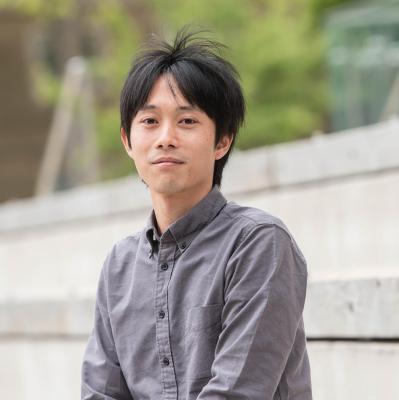
Research topic
Research Description
Human overgrowth disorders are characterized by pre- and postnatal increased growth, intellectual disability and facial anomalies. These diseases result from mutations in gene which encode enzymes that turn off other genes by changing the structure of DNA. However, growth and developmental processes regulated by these enzymes and the underlying pathological mechanisms of overgrowth syndromes remain unclear. I will study how these enzymes shape mammalian developmental program by mutating these “overgrowth syndrome genes” in the mouse and studying the consequences of such mutations in the early mouse embryo, where these genes are first active. This study, using mouse genetics and state-of-the-art sequencing technology will lead to a better understanding of the molecular basis of several human overgrowth syndromes, potentially leading to new avenues for treatment of these diseases.
Why did you decide to pursue a postdoctoral fellowship at UBC? Did you consider other opportunities?
I have dreamed of studying abroad since I was a graduate student in Japan. This is because I believe training abroad is one of the most important components of becoming a globally competitive scientist. The main reason I decided to pursue a postdoctoral fellowship at UBC is because I would like to work with Professor Matthew Lorincz, who is a world-renowned researcher in the field of epigenetics, specializing in the role of histone modifications on transcription in mammalian cells. Furthermore, visiting UBC in the spring of 2016 made me confident that his laboratory is one of the best places to further my career as a scientist and be at the forefront of the field of epigenetics.
What advice do you have for new postdoctoral fellows?
As I’m a relatively new postdoc, this question is difficult to answer, but what I’m trying to do is to develop several skills essential for a principle investigator, including acquiring the skills to conduct new techniques and most importantly mentoring junior colleagues.
What do you like to do for fun?
I enjoy walking around the beautiful Vancouver campus.
What is the most enjoyable aspect of your postdoctoral fellowship?
The most enjoyable aspect of my postdoc is the process of discovery.
What does receiving this award mean for your career?
I am extremely honored to be selected as the recipient of the Banting postdoctoral fellowships. It provides a great opportunity to conduct my proposed research project in an ideal research environment and also helps me to move forward in my academic career.
What do you think the next step in your career will be?
I would like to be a principle investigator where I can further explore and expand the field that excites me.